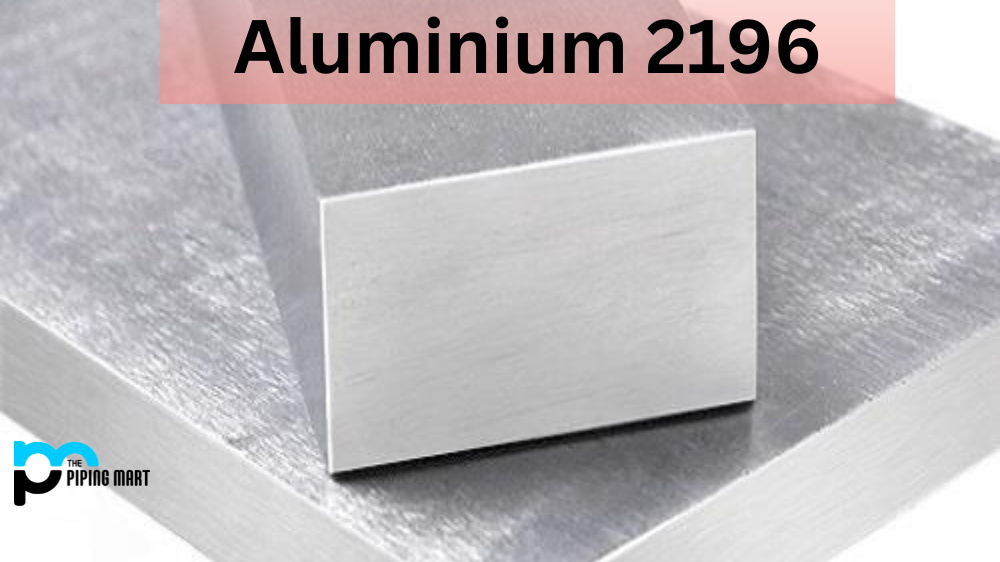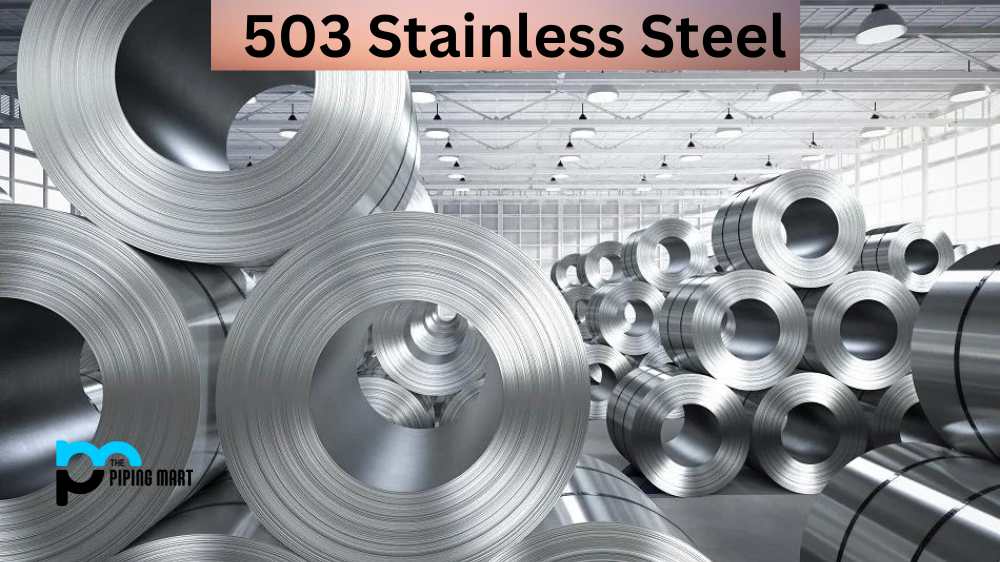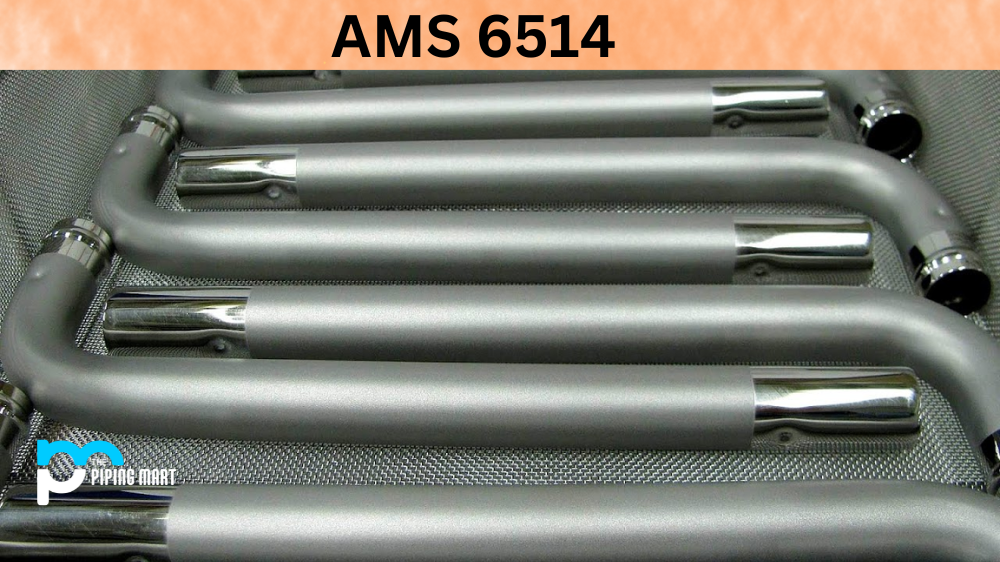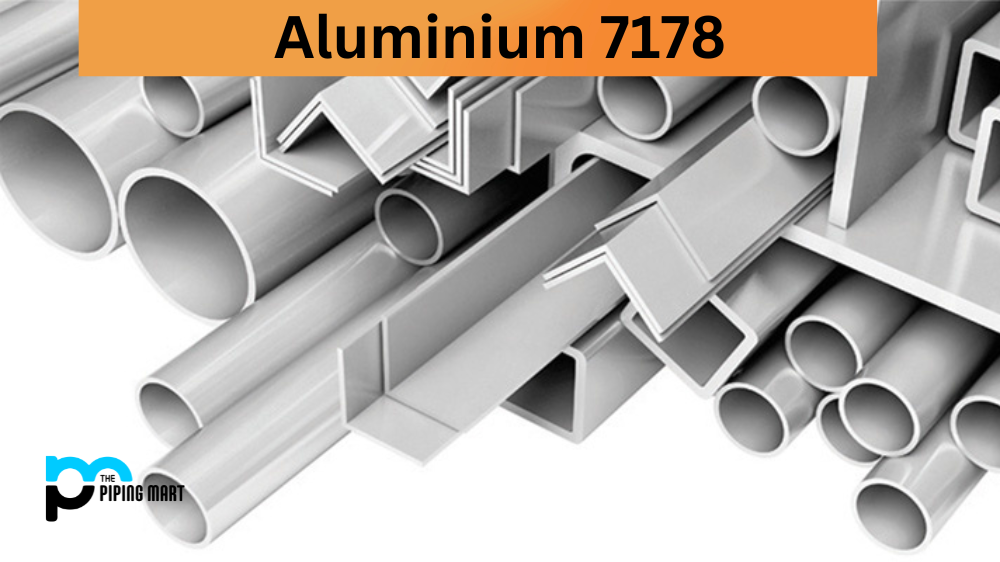Aluminium 2196 is an aerospace alloy of aluminium, copper and magnesium. It has exceptional strength, extreme corrosion resistance, and the ability to withstand temperatures up to 500°F (260°C). This makes it ideal for aircraft, rockets, and other aerospace vehicles. Let’s take a look at what makes Aluminium 2196 so unique.
Composition
Al 2196 is made from a combination of aluminium, copper and magnesium, which gives it its unique properties. The exact composition varies depending on the grade; for example, some grades contain titanium for additional strength. In addition to this base composition, trace amounts of zinc and manganese are also present in most grades. These trace elements help give the alloy its high strength-to-weight ratio and excellent corrosion resistance.
| Component Elements Properties | Metric | English | Comments |
|---|---|---|---|
| Aluminum, Al | 91.8 – 95.56 % | 91.8 – 95.56 % | As Balance |
| Copper, Cu | 2.5 – 3.3 % | 2.5 – 3.3 % | |
| Iron, Fe | <= 0.15 % | <= 0.15 % | |
| Lithium, Li | 1.4 – 2.1 % | 1.4 – 2.1 % | |
| Magnesium, Mg | 0.25 – 0.80 % | 0.25 – 0.80 % | |
| Manganese, Mn | <= 0.35 % | <= 0.35 % | |
| Other, each | <= 0.05 % | <= 0.05 % | |
| Other, total | <= 0.15 % | <= 0.15 % | |
| Silicon, Si | <= 0.12 % | <= 0.12 % | |
| Silver, Ag | 0.25 – 0.60 % | 0.25 – 0.60 % | |
| Titanium, Ti | <= 0.10 % | <= 0.10 % | |
| Zinc, Zn | <= 0.35 % | <= 0.35 % | |
| Zirconium, Zr | 0.04 – 0.18 % | 0.04 – 0.18 % |
Mechanical Properties
Grade 2196 has excellent mechanical properties that make it suitable for various applications. It has a high tensile strength (up to 80 ksi) and good ductility (25%). This combination of properties makes it ideal for parts subject to heavy loads or vibration in demanding environments such as aerospace vehicles. The alloy also retains its mechanical properties at elevated temperatures up to 500°F (260°C), making it suitable for high-temperature applications.
| Thickness mm (in) | Direction | 1.6 ≤ th ≤ 3.2 mm (0.063 – 0.125 in) | 3.2 ≤ th ≤ 6.3 mm (0.125 – 0.249 in) | 6.3 ≤ th ≤ 25 (0.25 – 1 in) |
|---|---|---|---|---|
| Tensile strength MPa (ksi) | L | 524 (76) | 524 (76) | 538 (78) |
| Yield strength MPa (ksi) | L | 476 (69) | 490 (71) | 490 (71) |
| Elongation % | L | 6 | 7 | 5 |
| Tensile Young modulus GPa (Msi) | L | 76.5 (11.1) | 76.5 (11.1) | 76.5 (11.1) |
| Density g/cm³ (lb/in³) | – | 2.63 (0.095) | 2.63 (0.095) | 2.63 (0.095) |
Heat Treatment
Alloy 21996 can be heat treated to enhance its mechanical properties or surface finish. Heat treatment involves heating the material above its recrystallization temperature before quenching it in water or air, cooling it down rapidly with forced air cooling systems like those used in industrial furnaces. Heat treatment helps improve the grain structure and hardness of the material while increasing its tensile strength and wear resistance. Heat treatment must always be done carefully, as improper heat treatment can lead to permanent damage due to cracking or other defects caused by excessive shrinkage or expansion during cooling.
Physical Properties
Aluminium 2196 is a commonly used alloy renowned for its superior strength, decent ductility and high sound absorption quality. It is light yet very strong, making it ideally suited for applications requiring a lightweight structure but with great durability. In machinability, Aluminium 2196 offers outstanding performance since it is easily formed and welded. Furthermore, it has excellent corrosion resistance and good electrical conductivity too. Owing to all these physical properties, Aluminium 2196 finds use in many industries, including aerospace engineering, architecture and manufacturing of equipment related to furniture and the automotive industry. Overall, this heat-treatable aluminium alloy provides excellent resistance properties as well as a low cost of production- a win-win situation for any manufacturer or industrialist!
Chemical Properties
Aluminium 2196 is renowned for its corrosion-resistant properties, making it the ideal choice for various engineering applications. Its high strength and low weight combination lend itself perfectly to fabrication processes, such as welding and twisting, and its hydrolytic stability makes it resistant to environmental conditions. Alongside these outstanding characteristics, the alloy’s superior thermal conductivity makes it suitable for high-temperature applications. It can hold both extreme heat and cold temperatures well, which can be beneficial in environments such as aerospace engineering. Aluminium 2196 is a highly sought-after alloy due to its superior chemical properties and can be used across many sectors with ease.
Corrosion Resistance
Aluminium 2196 is known for its exceptional corrosion resistance, making it highly sought after in industrial and commercial industries. This alloy offers a combination of strength, good weldability, and extremely durable protection against harsh environmental elements like salt water and exposure to high temperatures. Even in climates where titanium and other materials might rust or corrode with prolonged use, Aluminium 2196 still maintains its impressive properties. Companies seeking top-of-the-line corrosion resistance need to look no further than Aluminium 2196 when considering what material will best suit their needs.
Heat Resistance
Aluminium 2196 is a special aluminium alloy with distinct advantages compared to other alloys. One of its most important qualities is its superior heat resistance. This means that wherever higher temperatures are encountered, such as in the manufacture of cars or planes, Aluminium 2196 can be counted on to handle them without suffering damage. Moreover, its excellent ability to hold up under extreme heat makes it desirable for applications where molten materials are used, including smelting and casting operations. In short, any time there is a need for a metal that won’t buckle under intense conditions, Aluminium 2196 is a top choice due to its impressive heat resistance.
Welding
Aluminium 2196 welding is one of the most important and frequently used welding techniques due to its versatile range of applications in aerospace, automotive and energy production industries. The process involves high heat and melting aluminium-magnesium alloys to create a strong join, which can be made with very thin materials for extreme precision. Using specifically designed aluminium alloys and specialized machinery enables reliable and consistent welding results. Despite the intensive training required for successful outcomes, experienced welders familiar with the technique can achieve a wide range of joint designs while achieving excellent quality standards.
Machining
Aluminium 2196 machining is a complex and technical process. With specialized knowledge, professionals are able to cut, form, and manipulate the metal into precision shapes and components. This process relies heavily on the latest technologies, including CAD/CAM software that allows precise control within the overlapping axis of movements. Aluminium 2196 machining also requires advanced materials to maintain its unique properties, making this alloy desirable for construction and engineering. Although difficult to work with, when treated properly, Aluminium 2196 retains its strength and durability for years, making it an ideal choice for products that will be used in demanding conditions.
Conclusion
Aluminium2196 is an extremely versatile aerospace alloy with outstanding physical and mechanical properties that make it ideal for use in demanding applications such as aerospace vehicles, rockets, satellites, aircraft etc. Its high tensile strength, superior corrosion resistance and thermal stability make it suitable for extreme environments where conventional materials may not perform well enough. In addition, careful heat treatment can further enhance these desirable characteristics making aluminium2196 an even more attractive option when choosing materials for your application needs!

Abhishek is a seasoned blogger and industry expert, sharing his insights and knowledge on various topics. With his research, Abhishek offers valuable insights and tips for professionals and enthusiasts. Follow him for expert advice on the latest trends and developments in the metal industry.




